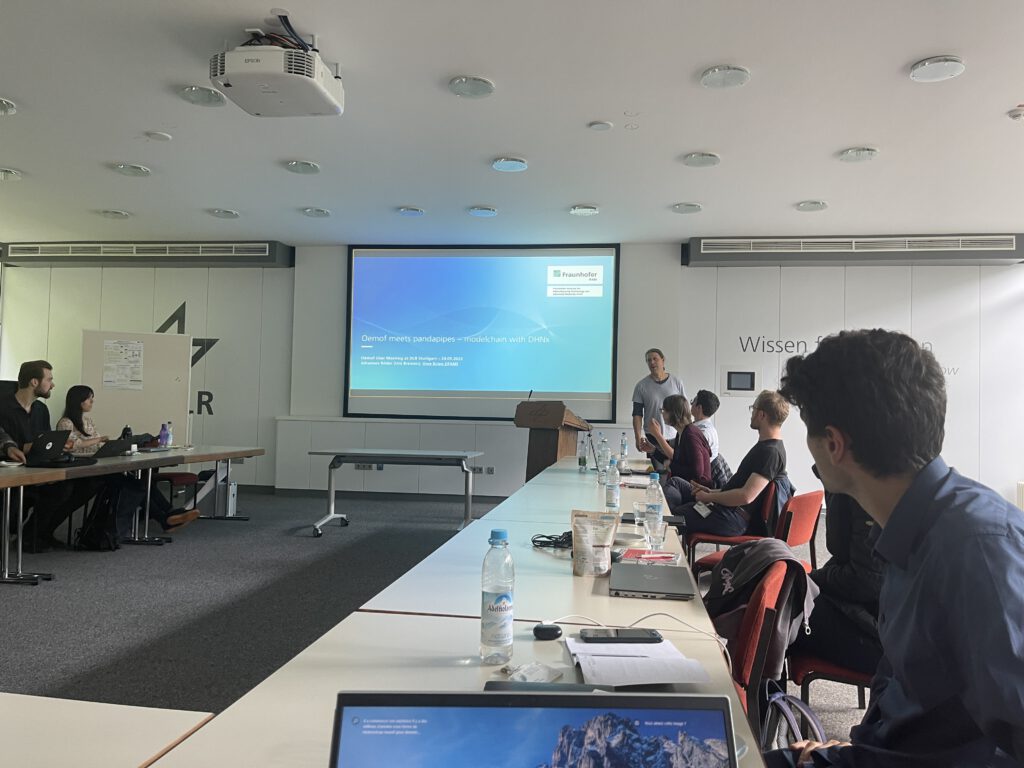Today, oemof.solph v0.5.1, code name “compilant converter” has been released. (Package at PyPI, Tag at GitHub). The most noteworthy addition is a new (still experimental) feature multi-period (dynamic) investment models. The code name refers to a small but maybe more evident change: The component Transformer is renamed to Converter. This is because people typically think of electrical devices when they hear the word “transformer”. However, as experienced users of our package know, the Transformer is neither meant to be (only) electrical nor bidirectional (as electrical transformers typically are). Thus, the more generic term “converter” is now used. (Note that we always had the argument “conversion_factor”.) To maintain compatibility for v0.5.0, there is a transitional wrapper that still allows to name the component “Transformer”. It will keep telling you about the upcoming change, though. Another usability feature is the presentation of the examples as part of the documentation. Also, we fixed error when calling oemof_installation_test as a console script. It turned out to confuse quite a few new users that it did not work as documented in the previous release.
We hope to have a fair balance between improvements in usability and new (experimental) features to make this an exciting release for all kinds of users. For us, it definitely is.


